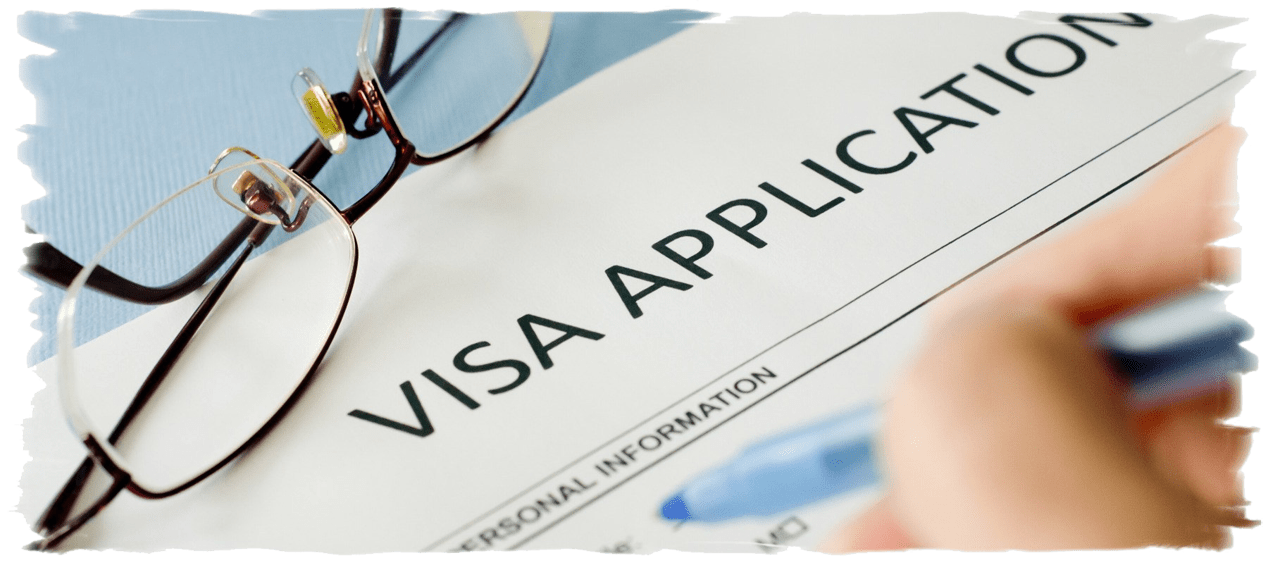A nonimmigrant visa is different from an immigrant visa in that the nonimmigrant visa only allows a person to enter temporarily, whereas an immigrant visa-holder can enter and stay permanently.
B-1 Visa
Businesses from around the world send their employees and representatives to the US to buy, sell, consult and engage in commerce. The best way to temporarily visit the US to promote a business venture is under B-1 status.
B-1 applicants may stay in the US for up to one year, depending upon the amount of time granted to them by a Customs and Border Protection officer at the time of their admission into the US at the border.
B-2 Visa
The B-2 visa is the ideal entry pass for tourists interested in seeing the US through brief trips for pleasure. The State Department defines “pleasure trips” as legitimate activities of a recreational character such as tourism, amusement, visits to friends and/or relatives, rest, medical treatment, or activities of a social or service nature.
B-2 applicants may stay in the US for up to one year, depending upon the amount of time granted to them by a Customs and Border Protection officer at the time of their admission into the US at the border.
Visa Waiver Program
The Visa Waiver Program (VWP) offers an easy, effective method of travel to the US for business or pleasure. The program enables citizens of participating countries to travel to the US for pleasure or business for 90 days or less without officially obtaining a US visa. Certain exceptions apply, including people who plan to work or study in the US, those planning to stay more than 90 days, or people who might otherwise be ineligible for a visa.
Travelers who have previously been denied visas, who have criminal records or who may be ineligible to enter the US on the VWP, should contact their nearest US Embassy or Consulate before attempting to use the VWP to enter the US.
F-1 Visa
Schools in the United States offer great opportunities for students who wish to further their education and training.
Foreign national students who want to study in the US usually apply for the F-1 visa while vocational students often apply for the M-1 visa. You must apply and be accepted by a USCIS-approved school before applying for either student visa. You will also need to prove to the US consulate that you can financially afford to attend school and take care of your expenses.
F-2 status allows your spouse and unmarried children under 21 years old to join you in the US. The F-2 status of a spouse and children is dependent upon your F-1 status. F-1 students have the opportunity to work in their field of study both before graduation (curricular practical training) and after (optional practical training, or OPT).
M-1 Visa
The M-1 visa offers students the opportunity to train in a positive US environment while strengthening their technical and non-academic skills (this visa does not apply to language training). The M-1 visa is offered to students who wish to attend full time at an USCIS-approved vocational or non-academic school in the US.
A spouse and unmarried children under 21 years old may join you in the US if they have nonimmigrant M-2 status. Although M-1 and M-2 Visa holders are not allowed to work, M-1 holders may apply for an extension of up to six months for practical training.
C-1 Visa
The C-1 visa is intended for travelers with “immediate and continuous transit through U.S.” This visa is often held by crewmen. A C-1 visa holder cannot change status to another non-immigrant visa category.
C-2 Visa
The C-2 visa allows foreign nationals to travel to the United Nations. C-2 visas are valid for up to 29 days. C-2 Visa holders may not change their status.
C-3 Visa
Foreign government officials traveling through the US to a foreign destination may apply for the C-3 visa. The applicant’s family members and personal employees may also apply for the C-3 visa. C-3 visa holders may not accept employment while under this status. The C-3 visa is valid for up to 29 days.
I Visa
The I visa is vital for connecting all nations as the international community increases in globalization. The I visa is available to members of the media including reporters, freelance journalists, and film crew who intend to work in the US solely for a foreign media outlet or a US-based subsidiary of a foreign media company. The admission period is for the duration of employment.
I visas are only available to those who are based in their home country and intend to return home after their job has been completed.
J-1 Visa
The J-1 visa is designed to provide educational and cultural exchange programs, and to promote the sharing of knowledge, skills and education in the arts and sciences. This visa enables people to participate in exchange programs in the US.
J-1 visa holders include students, trainees involved in on-the-job training, visiting scholars and researchers, and consultants.
Trainee programs are generally limited to a maximum of 18 months except for programs in agriculture, hotel and tourism which are generally limited to a maximum of 12 months. The spouse and unmarried children under 21 years old may apply for entry under J-2 status. Dependents of J-1 visa holders may work in the US if they can prove they can cover their own expenses. Certain J-1 exchange visitors must return to their home country for two years at the end of their program before they can apply for another nonimmigrant or immigrant status.
Life Acts and Amendments
The Legal Immigration and Family Equity (LIFE) Act and its amendments, effective April 1, 2001, created new categories of nonimmigrant visas including the V visa group, the K-3 Visa, and the K-4 Visa. These visas have helped ease the lengthy wait for thousands of individuals and have reunited families separated during the immigration approval process.
Q-1 Visa
The Q-1 visa supports international cultural exchange including training and sharing cultural traditions of the participant’s native country in the US.
Q-1 visa holders must be at least 18 years old and have the ability to convey their home country’s history and culture to a US audience. Their US sponsor must agree to pay them the same rate equivalent to a US employee.


